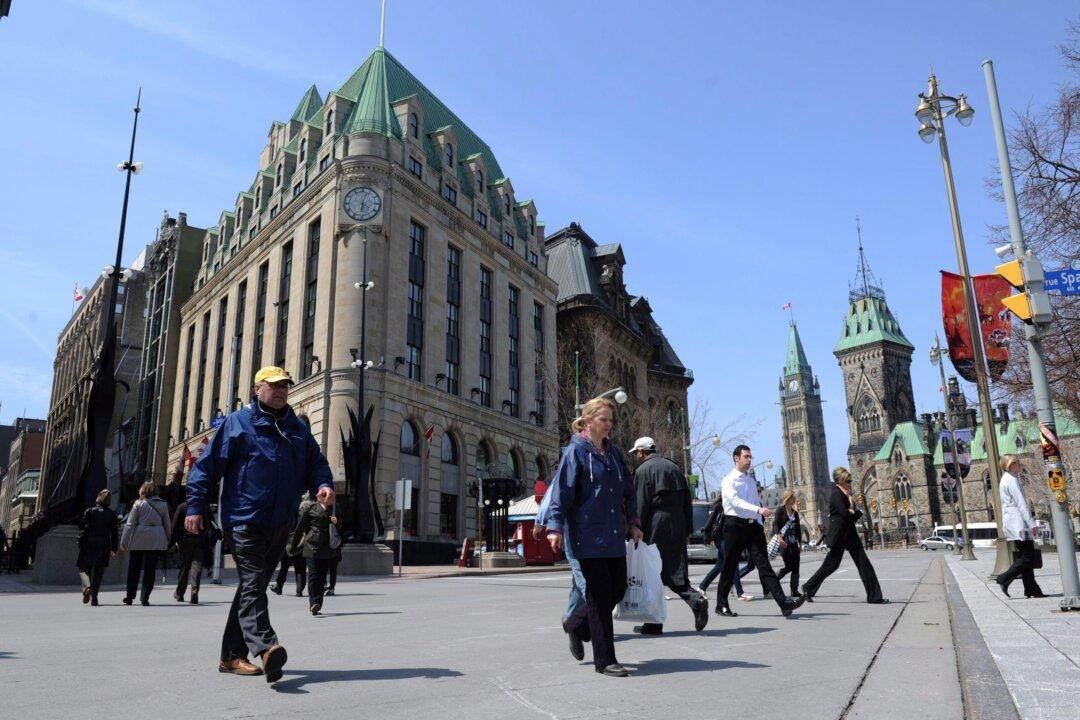The federal government needs to develop strategies to restore public trust in the country’s institutions, an internal memo says.
There’s “growing evidence” that the public mistrusts the government, says the memo, acquired by Blacklock’s Reporter through Access to Information.





